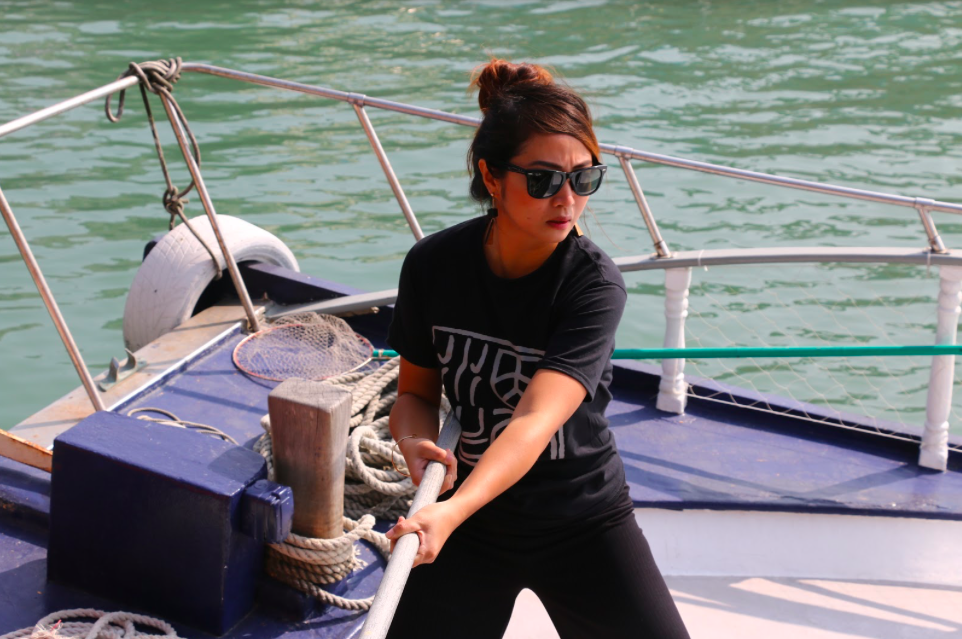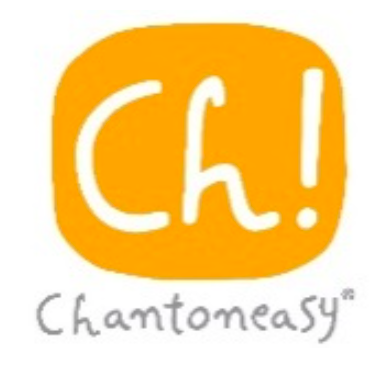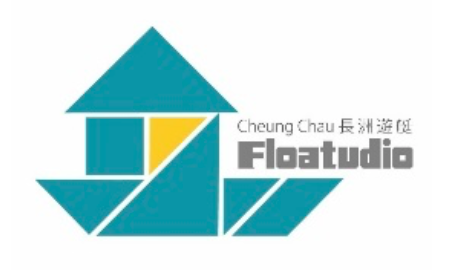Welcome to Cheung Chau Wave Meditative Journey. I’m your guide, Mariko Hiyama. The next 20 minutes, we will take a meditative journey together. You can listen to this audio while you are commuting on a ferry or before you go to sleep. This meditative journey guide focuses on helping you feel a sense of relaxation, peacefulness and harmony between your body and mind.
歡迎來到長洲海浪 (Cheung Chau Wave) 冥想之旅。
接下來的20分鐘,我們將一起進行冥想之旅, 您可以在乘坐渡輪或睡覺前收聽。 這個冥想之旅重點幫助您感覺身心放鬆,安寧及和諧。
開始這一旅程之前,請先找一個最舒適的姿勢。 如果您正在輪渡上收聽,請坐下來並放鬆身心,背部靠攏椅背,雙腳最好放在地上。 如果您在家,請找一個舒適的空間,坐在地板或椅子上。您也可以在床上或沙發上進行這冥想之旅。重點是,您的身體要感到舒適、放鬆不緊繃,手要遠離手機。
Mariko is originally from Fukuoka, located in the Southern Island of Japan, Kyushu.
She has been living on Cheung Chau island since 2018.
Between her work as a Facial Reflexologist, Mariko leads various Yoga and Qi Gong classes as a senior teacher. She enjoys heart-warming food, music, the arts and traveling, windsurfing on Cheung Chau island and exploring nature. She holds a BA in Economics and a Masters in Entrepreneurship & Innovation. She has worked in the banking & insurance industry across Asia and Europe.
Mariko is also an experienced Well-Being program curator. She has been working with renowned Ayurveda medicine doctors in India in order to create unique healing programs, educational Well-Being programs and products such as Ayurveda medicinal oils for therapeutic usage based on the Indian medicine system.
Mariko Hiyama 肥山 萬利子 (万利子) 來自日本南島九州的福岡。
自2018年以來,一直在長洲居住。
Mariko除了是一位面部反射治療師,亦是多個瑜伽和氣功課程的資深導師。 她喜歡暖人心扉的食物、音樂、藝術和旅行、在長洲滑浪風帆及探索自然。 她擁有經濟學學士學位和創業與創新碩士學位 (Master in Entrepreneurship & Innovation),並曾在亞洲和歐洲的銀行和保險業工作。
Mariko亦是一位經驗豐富的保健計劃策展人。 她一直與印度著名的阿育吠陀醫師合作,創立以阿育吠陀為基礎的獨特治療計劃、保健教育計劃及產品,例如阿育吠陀治療油等。














